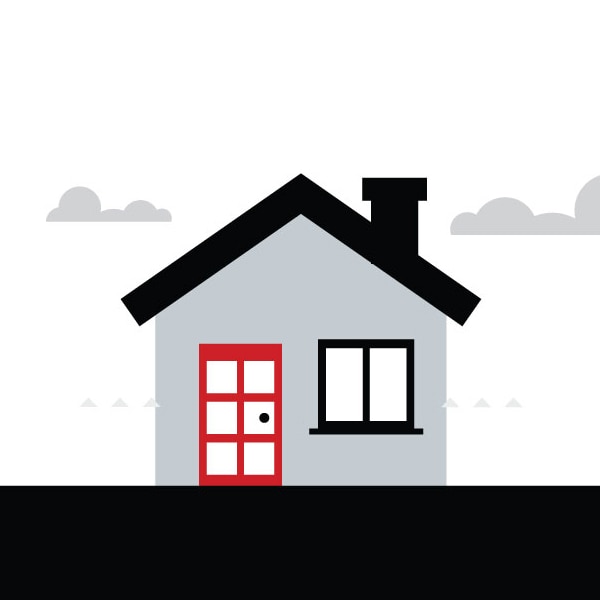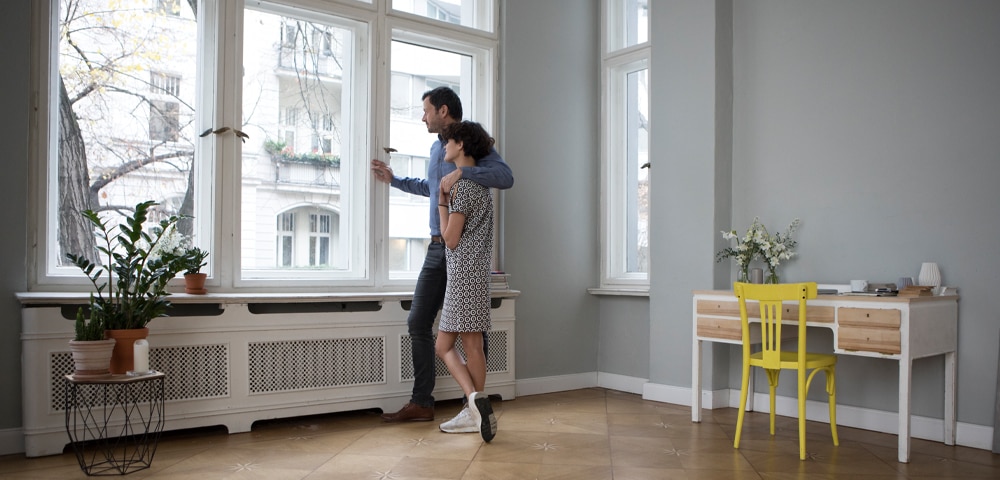
Home Ownership
Take the next step for your nest. Here, you’ll find everything you need to know about buying a home, refinancing or using your home equity for something else. After all, even if you have done this before, a helpful refresher is always good.

The Mortgage Process
8 Steps to Home Ownership
Knowing the steps in the mortgage process before making an offer can better prepare you for your purchase and save you time, money, and stress.
This material is presented for informational purposes only and should not be construed as individual tax or financial advice. KeyBank does not provide legal advice.
By selecting any external link on key.com, you will leave the KeyBank website and jump to an unaffiliated third-party website that may offer a different privacy policy and level of security. The third party is responsible for website content and system availability. KeyBank does not offer, endorse, recommend or guarantee any product or service available on that entity's website.
NMLS# 399797















